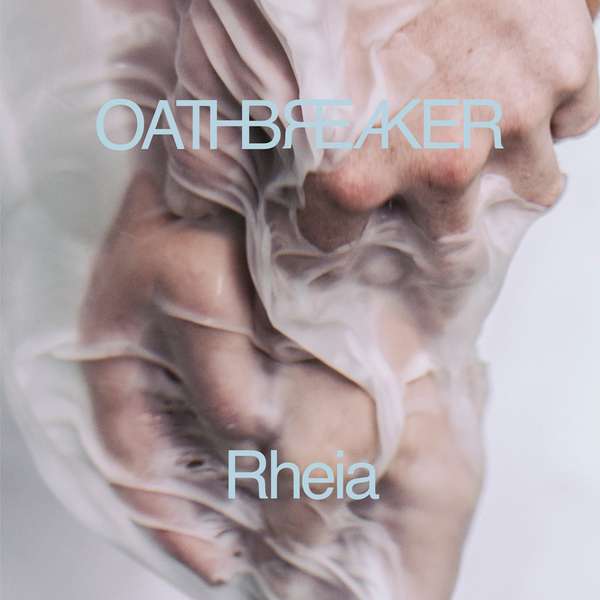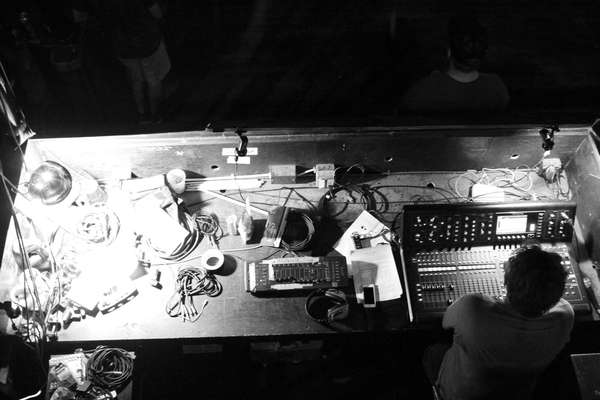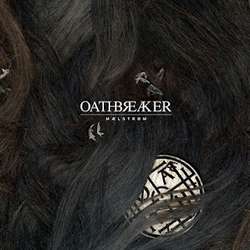Starting off with an unusual combination of crust, hardcore and black metal, Oathbreaker have evolved significantly since their debut album, Maelstrom. The follow-up album, Eros/Anteros saw a further evolution of their sound, with post-metal elements beginning to populate their palette. This slightly eased the connection between hardcore and black metal, and resulted in a more expansive vision. Rheia comes now and sees the band further exploring their sound, becoming quite adventurous in the process.
The hardcore self and the black metal fury are strongly established in Rheia, forming the backbone of the record. The band has not lost any of its aggression, if anything that aspect has been expanded, from the heavy groove of hardcore chugging, to black metal riffology and topping it all off with a crust hostility. Tracks like “Needles In Your Skin” depict that primal instinct, where the black metal spirit, modernized, is dictating the progression, while hardcore and crust characteristics influence the groove and mentality.
The change here comes in the post-metal side of Oathbreaker, with the band diving further into this area. From the big, imposing tone, they dwell into neighbouring territories such as shoegaze, closer to the Deafheaven perspective than the Alcest approach. Radiating with a sense of melancholy the combination of black metal and post-metal with the shoegaze aspect becomes overwhelming, resulting in some epic manifestations, as is the case with “Immortals.” Oathbreaker however travel even further with a drone twist, as the field recordings give a cinematic atmosphere to “I'm Sorry, This Is,” an aspect that the band presents for the first time.
What is also explored further in Rheia is the melodic element and a sense of balladry. This aspect existed in Eros/Anteros and to a lesser extent in Maelstrom, however here we see a further push for something more emotional. Post-metal and shoegaze aid in the approach, as the band takes on a subtler quality in “Where I Leave” and closing track, “Begeerte,” constructing an impressive dreamscape from the ethereal aspect of post-metal and the distorted veil of shoegaze. There is even a clean, acoustic track with “Stay Here/Accroche-Moi” and the serene opening of “10:56” portray the band in a more vulnerable state.
All that would not have been possible if Oathbreaker could not transverse between all these different aspects, and understand how to craft them. Their grasp on the attitude of crust, the hardcore groove, the black metal fury, post-metal grandeur and shoegaze abstraction, is excellent, and as is the case with Tanghe's voice which is adapting in each state with remarkable ease, so is the case with the band's adaptation to each different perspective. Rheia is not only a step forward, but a record that displays further possibilities.





